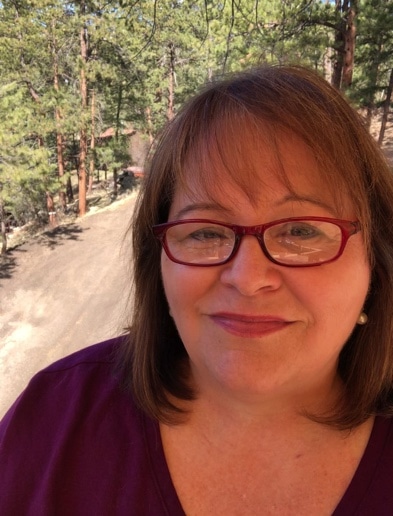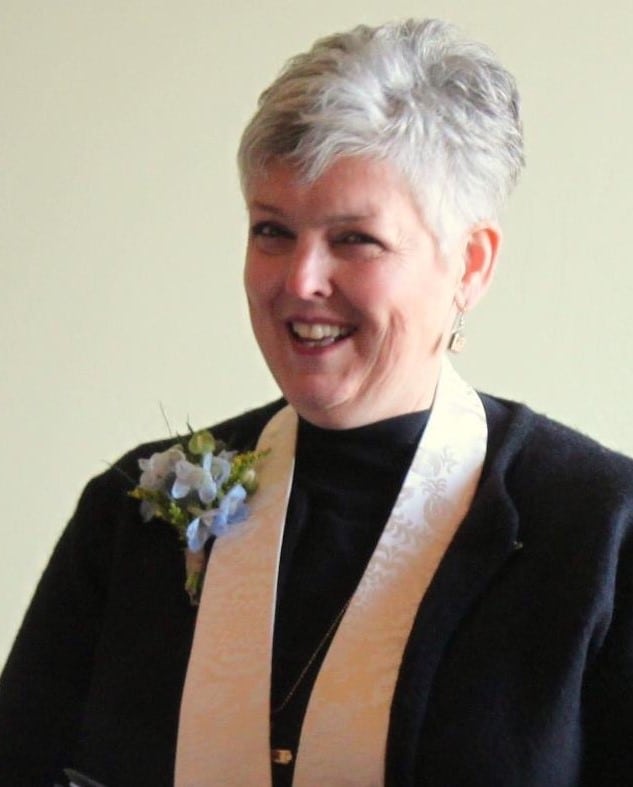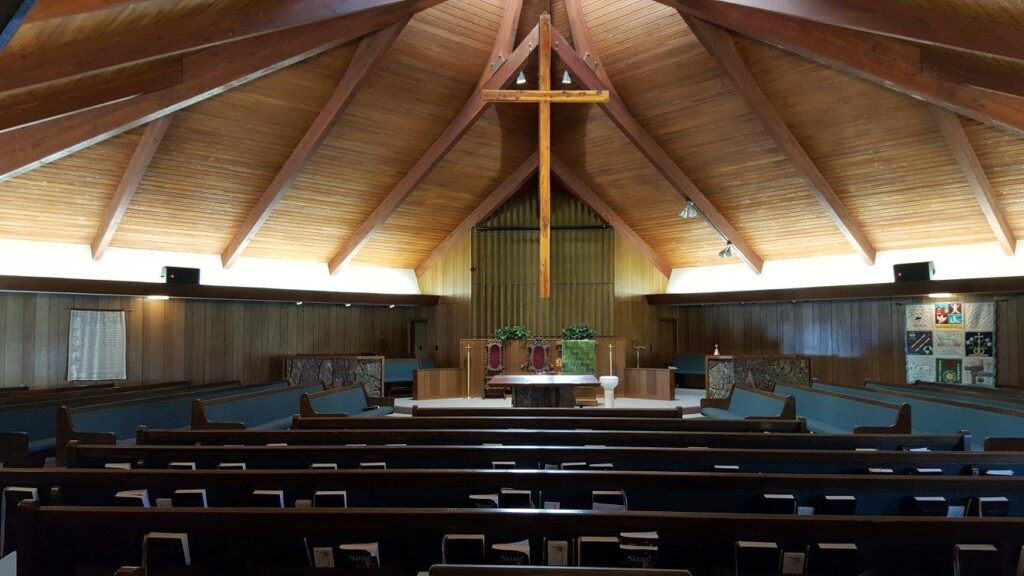Conference workshops address pandemic-induced stress
Pastors and lay leaders are addressing obvious and not-so-obvious manifestations of pandemic-related stress through workshops in the United Church of Christ’s Rocky Mountain Conference.
A $10,000 UCC COVID-19 Conference Recovery Grant is supporting three identical “Healthy Congregations” workshops, developed by the Lombard Mennonite Peace Center in Lombard, Ill.

The hope, said the Rev. Sue Artt, Conference minister, “is to help congregations ease the anxiety, even outright conflict precipitated or exacerbated by the pandemic” and “open new space on how to talk about difficult subjects.”
Churches as emotional systems
Based in Denver, the Rocky Mountain Conference comprises 70 congregations in Colorado, Wyoming and Utah. Fifty people from 12 congregations took the first workshop, on Feb. 6.
Identical workshops are set for March 6 and April 24, “and then we’ll do a fourth one on conflict transformation skills,” said the Rev. Erin Gilmore, associate Conference minister.
She said “Healthy Congregations” helps clergy and lay leaders understand how churches function as emotional systems much like families, in which patterns “go through generations.”
It seeks to impart practical skills that empower healthy communication in the congregation. Whether it’s about pandemic-related or other stress, anxiety or conflict.

The Rev. Karen Winkel participated on Feb. 6. She pastors Community Spirit UCC in Montrose, Colo. In a post-workshop conversation, she described the “Healthy Congregations” approach to two challenges, one more obviously related to the pandemic than the other:
CHALLENGE #1: Some congregants keep pressing the pastor to resume in-person worship. The pastor insists on staying virtual “until it’s safe for all.”
The first thing, Winkel said, is to recognize that “we are all having this pandemic experience together but responding differently. It’s a great time for each of us to practice saying what we think, need and feel and why. I can define myself and leave room to you to be you. I can be in a group and still be an individual.”
It’s key for church leaders “to remain a non-anxious presence when everyone around is anxious,” she said. That helps a congregation “stay the course,” in this case to keep worship virtual out of a commitment to protect the most vulnerable worshipper.”
“I can maintain that position without demanding everyone else agrees,” Winkel said. “Rather than pushing back, I can say, ‘I hear you. I still feel the way I feel.’”
“Expect push-back. Listen more. Speak last.”
The Rev. Karen Winkel, Community Spirit UCC, Montrose, Colo.
CHALLENGE #2: A normally cheerful member turns hypercritical; for example, dissecting virtual worship in the chat during the service, including the sermon.
The pandemic has brought loss of life, health and livelihood, accompanied by grief, fear, isolation and suffering.
“A couple of times, people haven’t behaved well,” Winkel said. “It turned out they were feeling pandemic-related loss. It was hard to stay home. Their social opportunities were gone. Key was recognizing and addressing those deep frustrations.”
Winkel added, “My personal challenge is managing my own anxiety. My strategies? Expect push-back. Ask a question or make an observation. Listen more. Speak last.”
‘Healthy respect’
Judith Baillie, moderator of the Rocky Mountain Conference Board of Directors, also participated. She’s active at Christ Congregational UCC, Pueblo, Colo.
“Healthy congregations concentrate on strengths and don’t adapt to negative voices.” They recognize that “challenge is necessary in a healthy organization.”
Julie Baillie, Moderator, Rocky Mountain Conference
“We are a lay-led congregation. As such, we rely on cooperation, commitment and a healthy respect for one another,” Baillie said.
She said the workshop helpfully reminded her of the importance of a common vocabulary, norms, standards, vision and mission.
“Healthy congregations concentrate on strengths and don’t adapt to negative voices,” Baillie said. They recognize that “challenge is necessary in a healthy organization. It is not just okay but necessary to be ‘differentiated’ to be highly effective as a leader.”
These understandings, she said, are helping her congregation address its current challenge:
CHALLENGE #3: The pandemic shutdown has highlighted the high cost of keeping up an aging church building. The congregation is facing a wrenching decision: “Do we sell?”
“It has become mandatory that we come to terms with our feelings about a building as church versus a mission as church,” Baillie said. “We have made a preliminary decision to explore selling our building.
“We anticipate that as we move forward, all of the attendant feelings of loss, grief, opportunity, relief and so on will come forth. One reason we took this class was to be prepared for that and compassionate about that.”
“The Rocky Mountain Conference is one of eight to make use of a COVID-19 Conference Recovery Grant from Wider Church Ministries,” said the Rev. Karen Georgia A. Thompson, UCC associate general minister.
“These grants are providing much-needed assistance in addressing a variety of challenges as these conferences continue to respond to COVID-19. We are thankful for the opportunity to partner with our conferences in this way as they attend to needs of churches and pastors through this pandemic.”
See also: Resources for Resilience Support, UCC News, Feb. 2, 2021
Related News
A Prophetic Call for Justice and Peace in Palestine
The executive leaders of the United Church of Christ have issued the following statement...
Read More‘Love is Greater Than Fear’: Regional Youth Events get to the heart of gospel message
United Church of Christ teens attending this summer’s Regional Youth Events (RYE) are...
Read MoreUCC desk calendars available to order now
Prepare for your day, month and year with the United Church of Christ desk calendar —...
Read More


